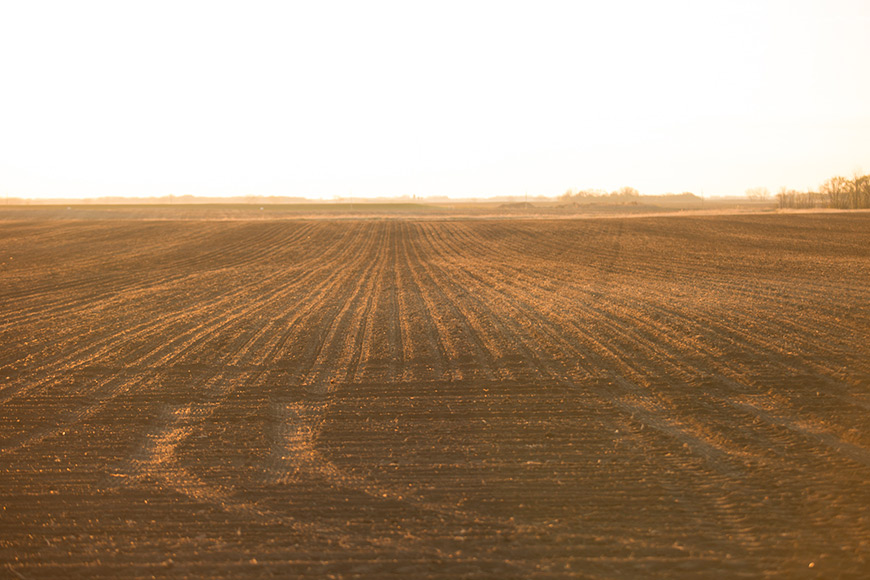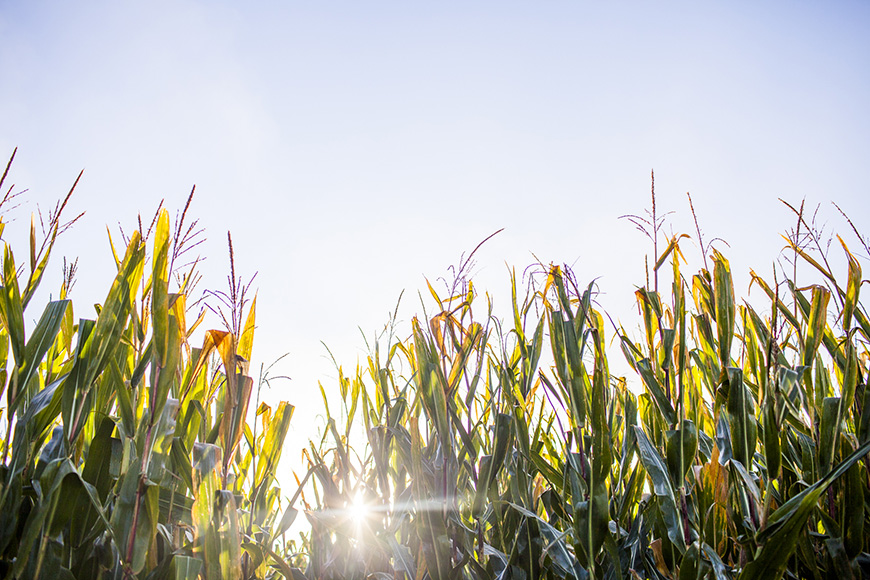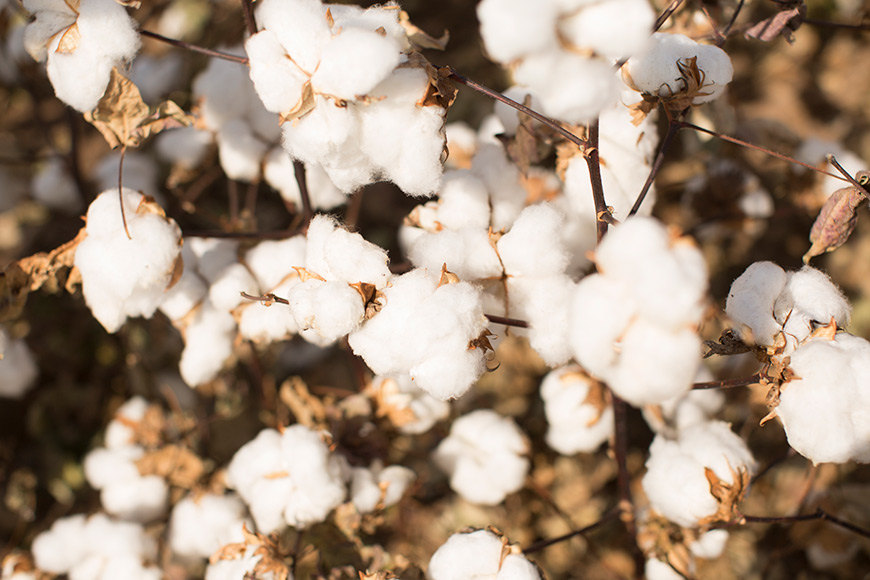Why Measure a Crop’s Response to Soil?

Soil is one of the most valuable resources on your farm and one that has a great impact on how productive your fields will be. Just as we study a hybrid’s response to management practices, including nitrogen, fungicide and population, it’s beneficial to understand how individual soil characteristics can impact a crop’s yield potential.
But there’s more to soil health than just nutrient management. That’s why soil characterization research is critical. Every acre and environment is variable, and we know that a productive soil composition in one field might look very different than soil in another field with similar productivity. The key for building healthy soil is to find a balance between the physical, biological and chemical attributes of soil to maximize its potential, and that requires some pretty specific soil testing and analysis.
At Solum, we’re delivering actionable soil analysis results for farmers by conducting research at our state-of-the-art laboratories and in Answer Plot® field locations. Our research is helping build new analysis capabilities to characterize soil more comprehensively. Farmers are already submitting soil samples to Solum for assessing micro- and macronutrient levels to help guide fertility plans.
We’re also in the process of developing testing capabilities to survey the biological health of soil by measuring microorganism DNA in a sample. These soil testing capabilities have significant implications and could soon help you test for soybean cyst nematode and sudden death syndrome more reliably and cost-effectively. Beyond those tests in development, we’re also working on research to help understand how the soil’s physical attributes affect a crop’s potential and what measurements are most impactful to help you improve soil health.
For more information on the soil testing capabilities of Solum, contact your locally owned and operated WinField United retailer.
All photos are either the property of WinField United or used with permission.
© 2019 WinField United. Important: Before use always read and follow label instructions. Crop performance is dependent on several factors many of which are beyond the control of WinField United, including without limitation, soil type, pest pressures, agronomic practices, and weather conditions. Growers are encouraged to consider data from multiple locations, over multiple years, and be mindful of how such agronomic conditions could impact results. Answer Plot® and WinField® are trademarks of WinField United.
Finding the right balance
Soil characterization is really about finding cost-effective ways to measure soil attributes and to understand how those measurements directly affect crop health. These soil characterization analysis results can help drive actionable management practices to improve soil health and productivity. For example, today most farmers use soil testing to help inform their nutrient management plans.But there’s more to soil health than just nutrient management. That’s why soil characterization research is critical. Every acre and environment is variable, and we know that a productive soil composition in one field might look very different than soil in another field with similar productivity. The key for building healthy soil is to find a balance between the physical, biological and chemical attributes of soil to maximize its potential, and that requires some pretty specific soil testing and analysis.
- Physical characteristics include soil texture, aggregate stability and water infiltration.
- Biological characteristics include soil microorganism populations such as fungi and bacteria.
- Chemical characteristics include nutrient levels in soil.
Looking to the future of soil analysis
At Solum, we’re delivering actionable soil analysis results for farmers by conducting research at our state-of-the-art laboratories and in Answer Plot® field locations. Our research is helping build new analysis capabilities to characterize soil more comprehensively. Farmers are already submitting soil samples to Solum for assessing micro- and macronutrient levels to help guide fertility plans.We’re also in the process of developing testing capabilities to survey the biological health of soil by measuring microorganism DNA in a sample. These soil testing capabilities have significant implications and could soon help you test for soybean cyst nematode and sudden death syndrome more reliably and cost-effectively. Beyond those tests in development, we’re also working on research to help understand how the soil’s physical attributes affect a crop’s potential and what measurements are most impactful to help you improve soil health.
For more information on the soil testing capabilities of Solum, contact your locally owned and operated WinField United retailer.
All photos are either the property of WinField United or used with permission.
© 2019 WinField United. Important: Before use always read and follow label instructions. Crop performance is dependent on several factors many of which are beyond the control of WinField United, including without limitation, soil type, pest pressures, agronomic practices, and weather conditions. Growers are encouraged to consider data from multiple locations, over multiple years, and be mindful of how such agronomic conditions could impact results. Answer Plot® and WinField® are trademarks of WinField United.




